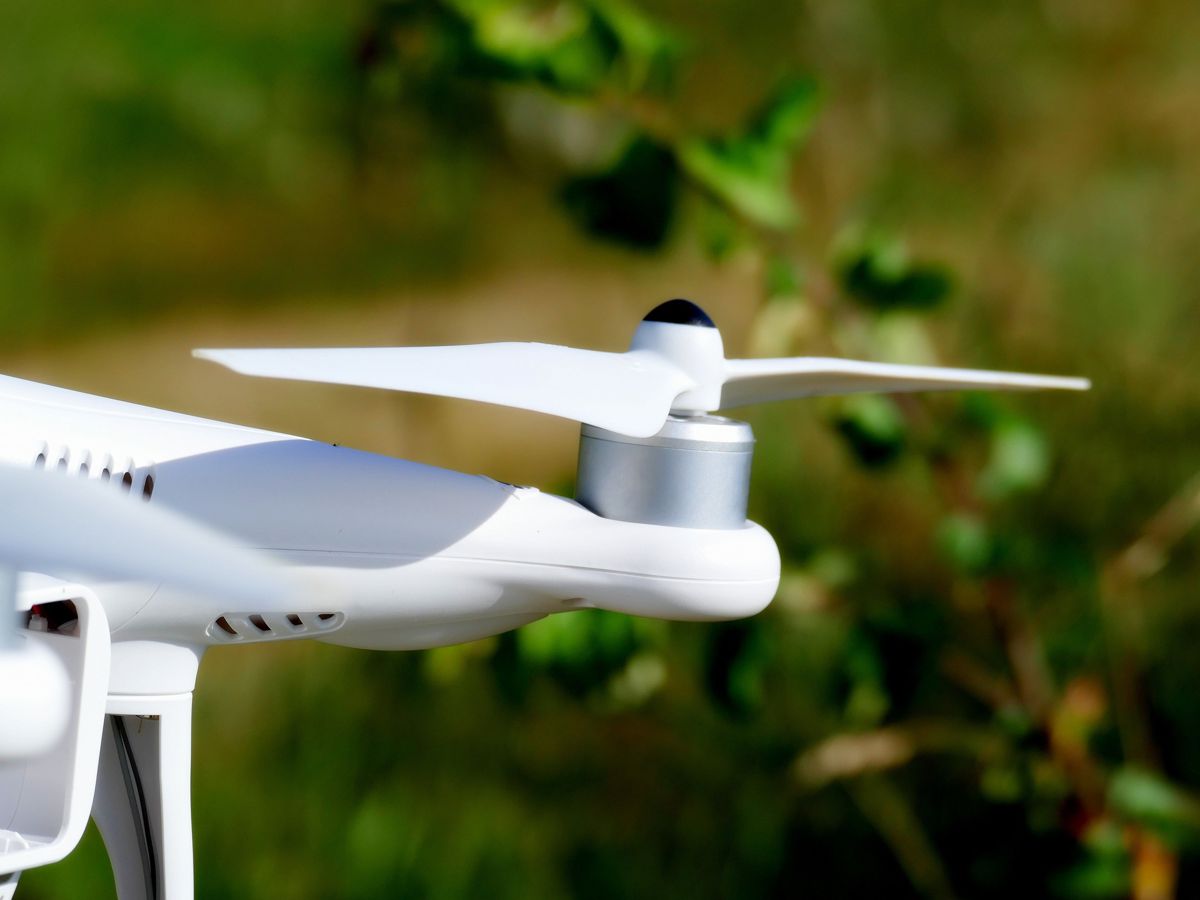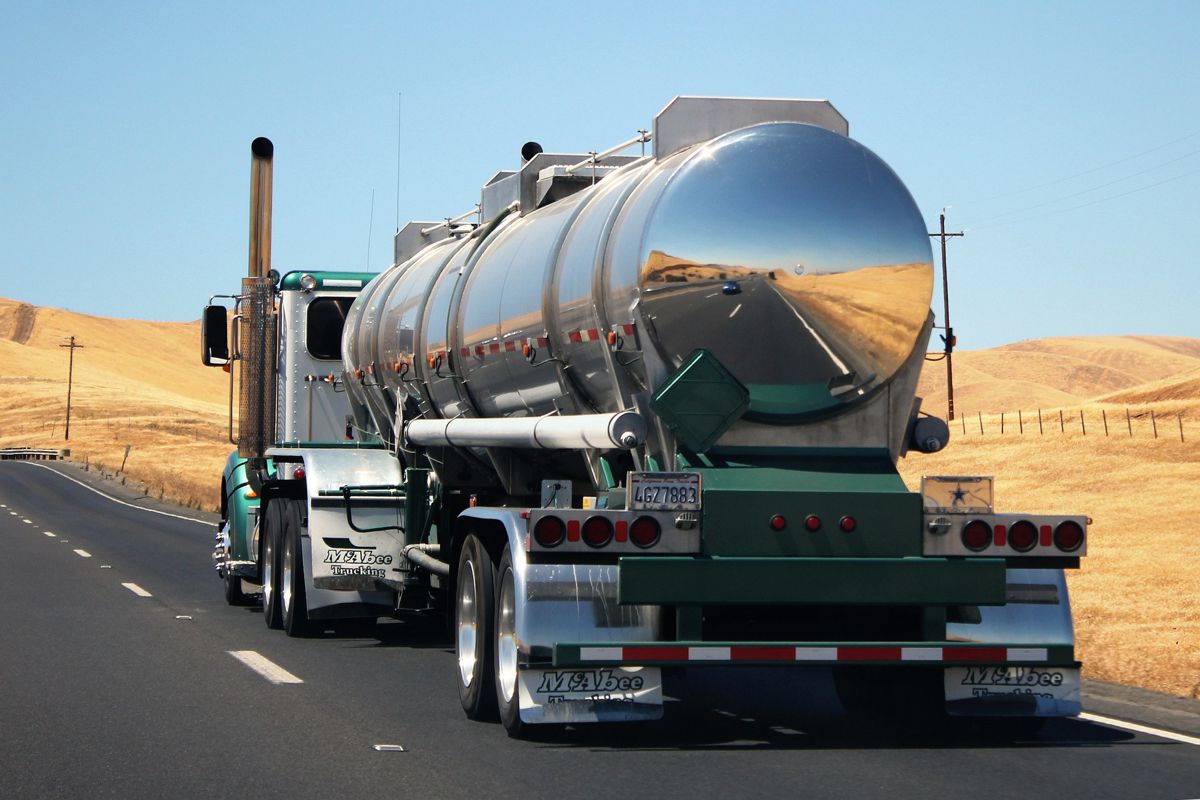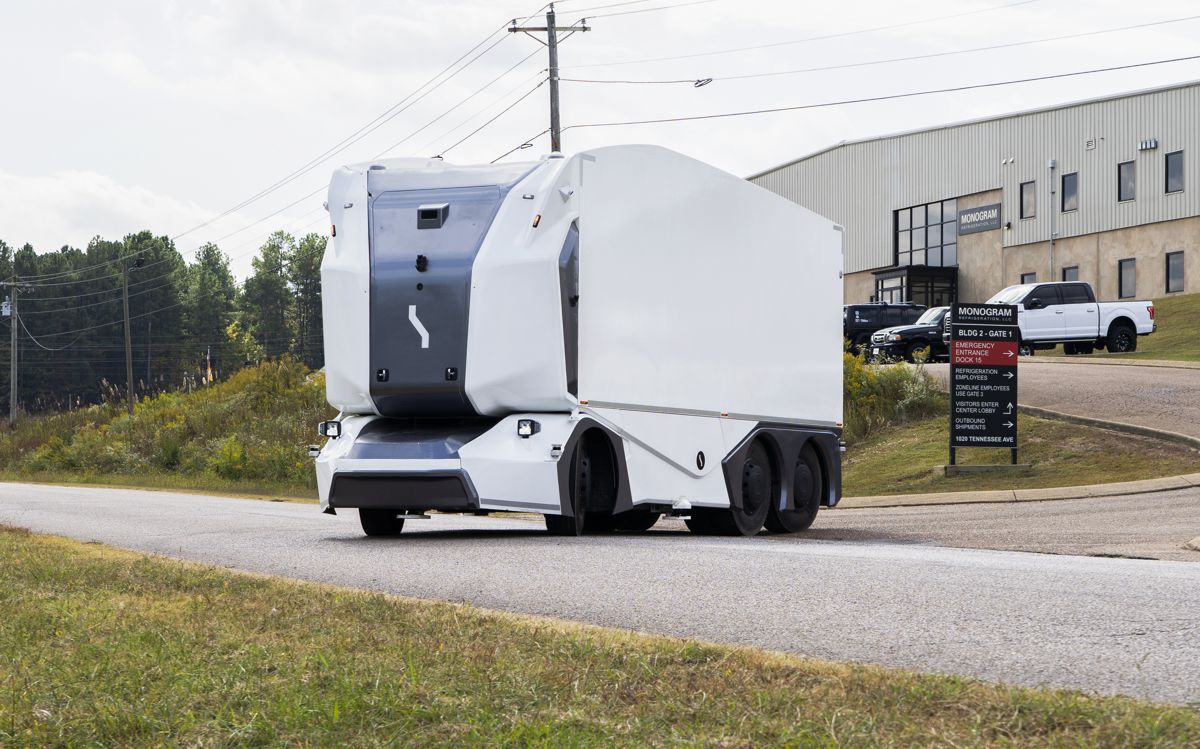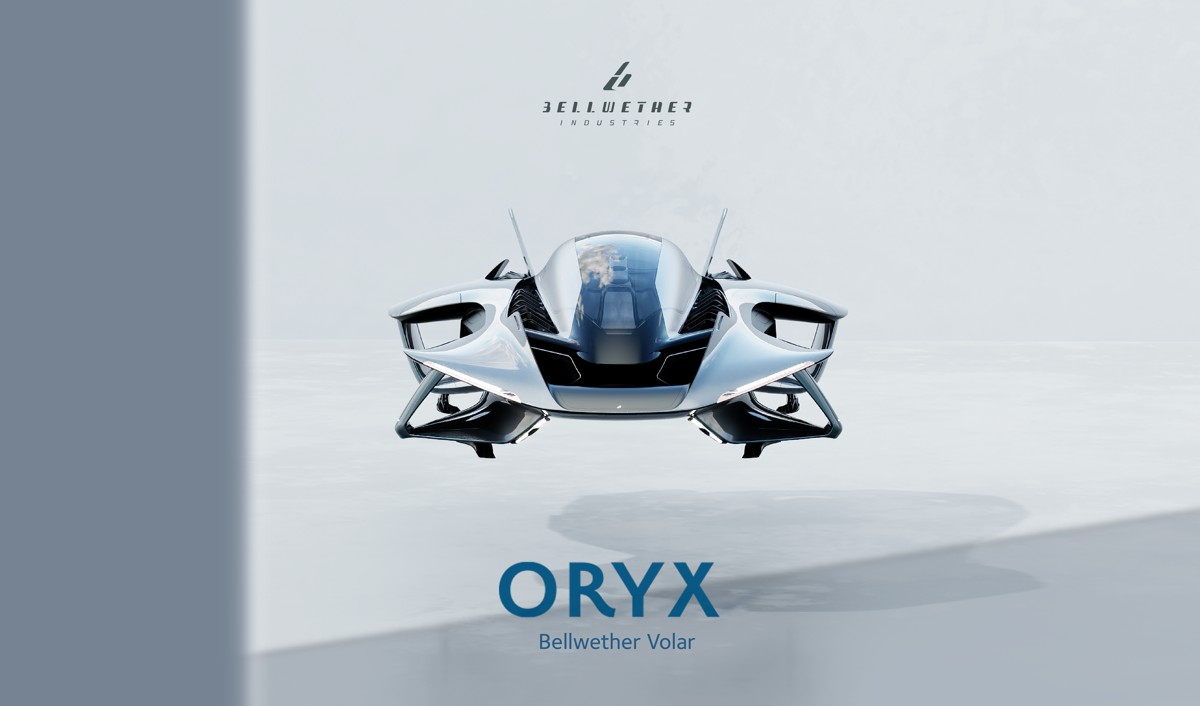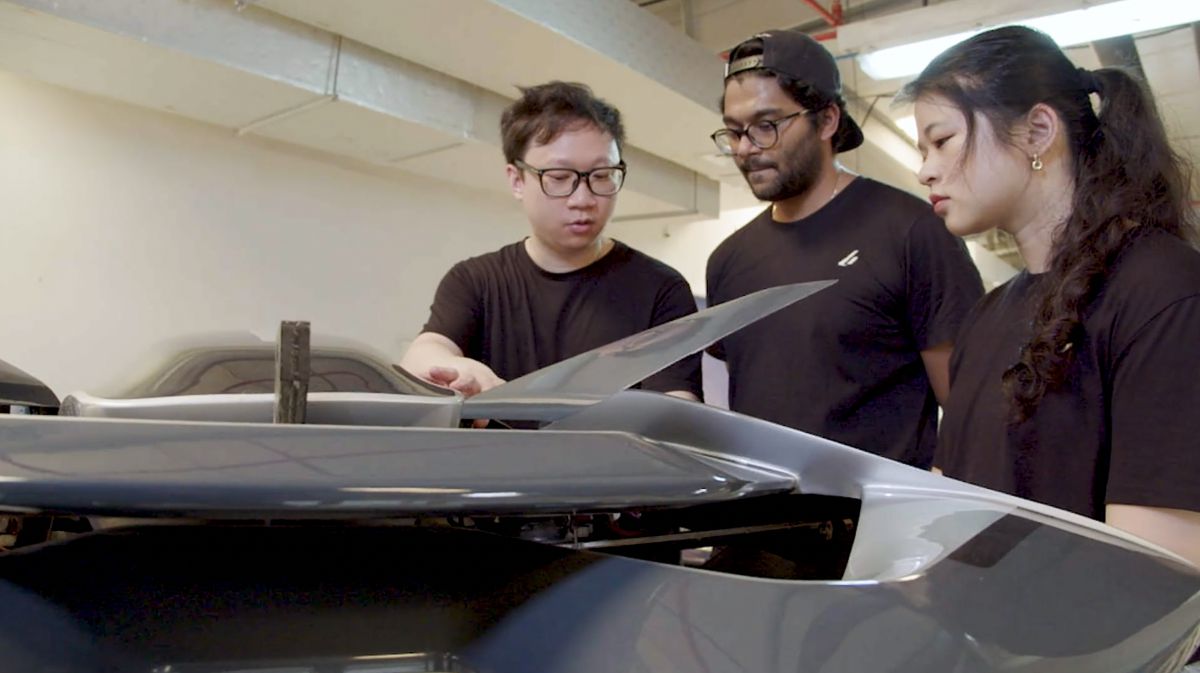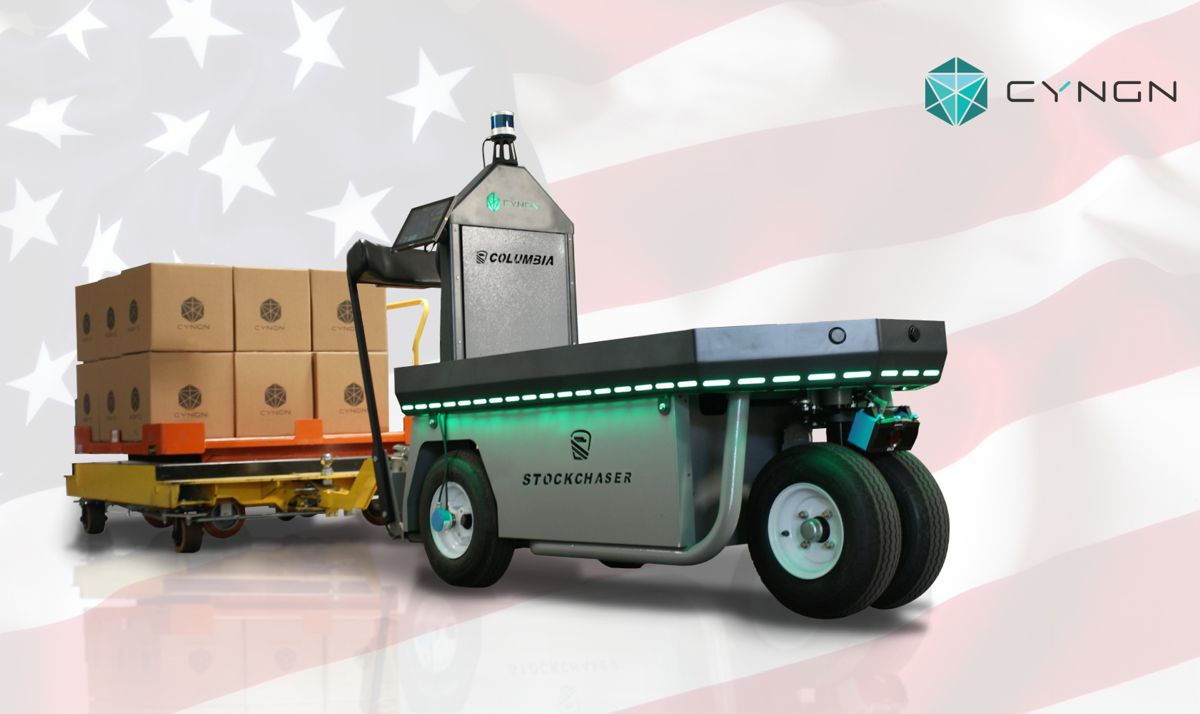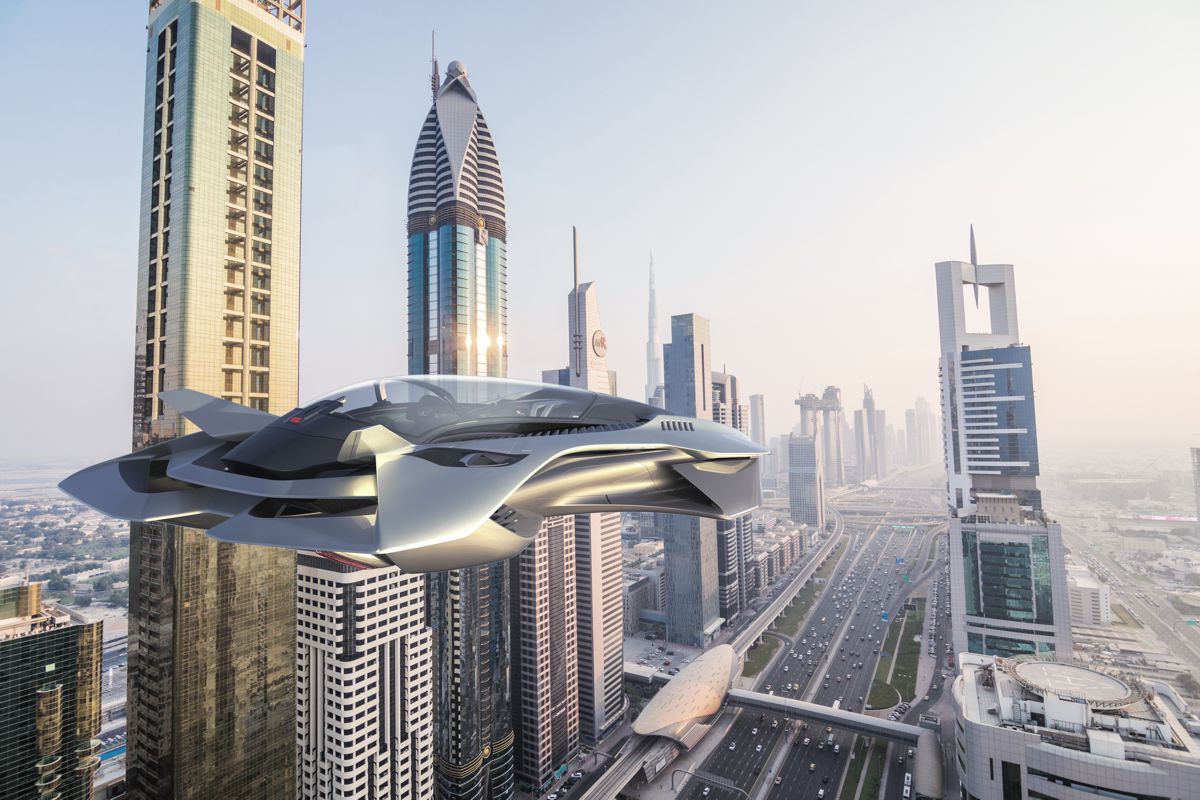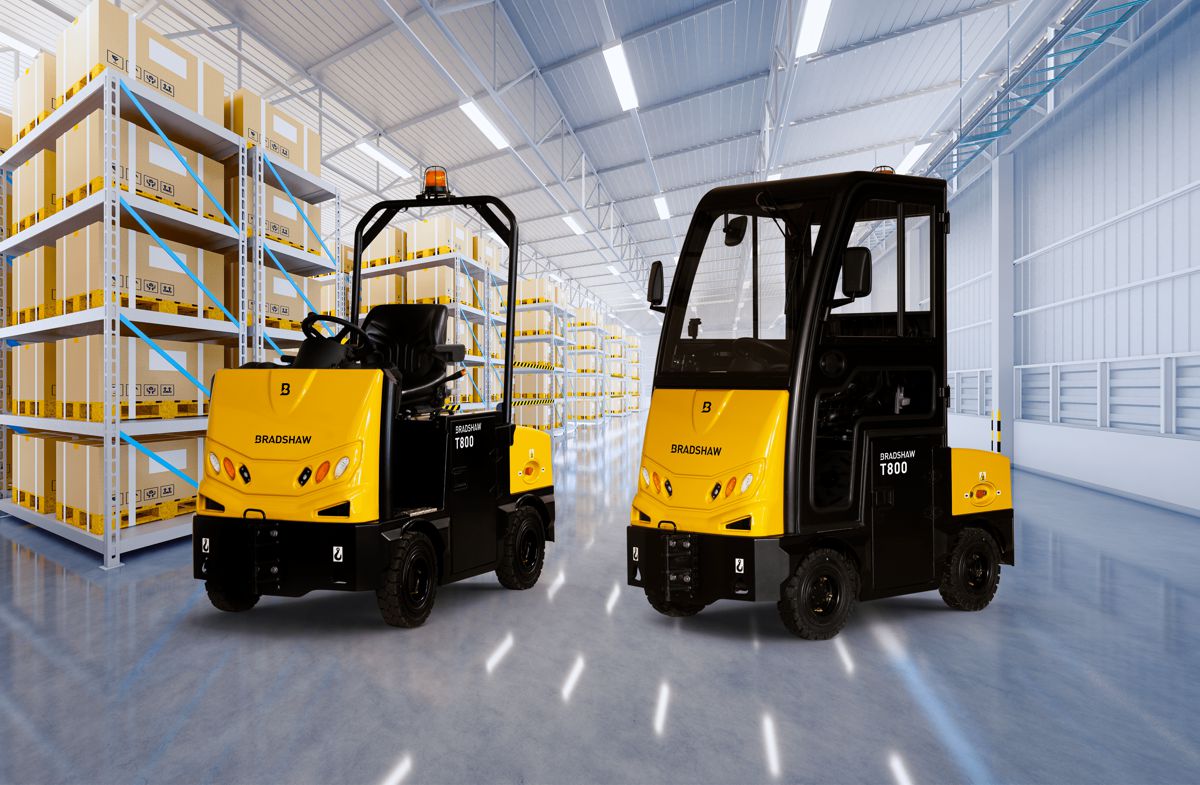DHL Express orders 12 fully electric Eviation cargo planes
DHL Express, the world’s leading express service provider, and Eviation, the Seattle-area based global manufacturer of all-electric aircraft, today write aviation history in announcing that DHL is the first to order 12 fully electric Alice eCargo planes from Eviation.
With this engagement DHL aims to set up an unparalleled electric Express network and make a pioneering step into a sustainable aviation future. Eviation’s Alice is the world’s leading fully electric aircraft, which enables airlines – both cargo and passenger – to operate a zero-emission fleet. Eviation expects to deliver the Alice electric aircraft to DHL Express in 2024.
“We firmly believe in a future with zero-emission logistics,” says John Pearson, CEO of DHL Express. “Therefore, our investments always follow the objective of improving our carbon footprint. On our way to clean logistics operations, the electrification of every transport mode plays a crucial role and will significantly contribute to our overall sustainability goal of zero emissions. Founded in 1969, DHL Express has been known as a pioneer in the aviation industry for decades. We have found the perfect partner with Eviation as they share our purpose, and together we will take off into a new era of sustainable aviation.”
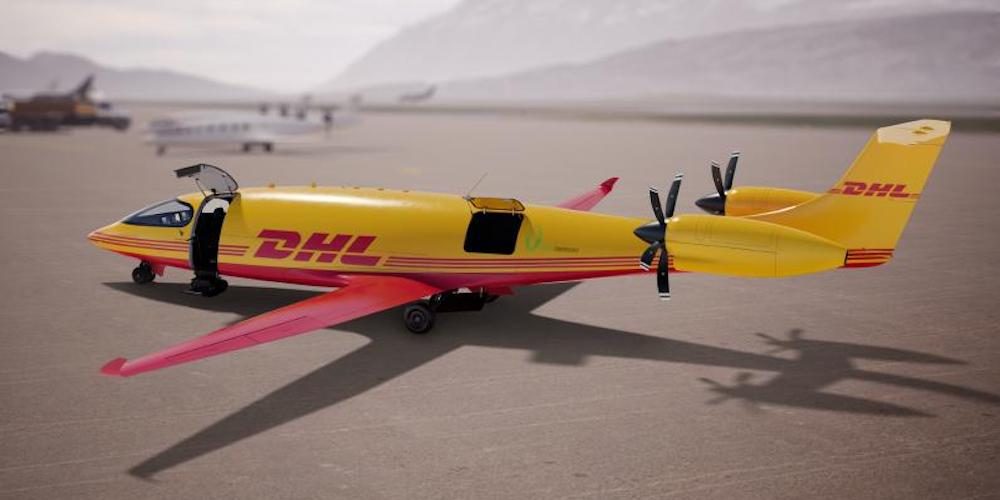
Alice can be flown by a single pilot and will carry 1,200 kilograms (2,600 lbs). It will require 30 minutes or less to charge per flight hour and have a maximum range of up to 815 kilometers (440 nautical miles). Alice will operate in all environments currently serviced by piston and turbine aircraft. Alice’s advanced electric motors have fewer moving parts to increase reliability and reduce maintenance costs. Its operating software constantly monitors flight performance to ensure optimal efficiency.
“From day one, we set an audacious goal to transform the aviation industry and create a new era with electric aircraft,” said Eviation CEO Omer Bar-Yohay. “Partnering with companies like DHL who are the leaders in sustainable e-cargo transportation is a testament that the electric era is upon us. This announcement is a significant milestone on our quest to transform the future of flight across the globe.”
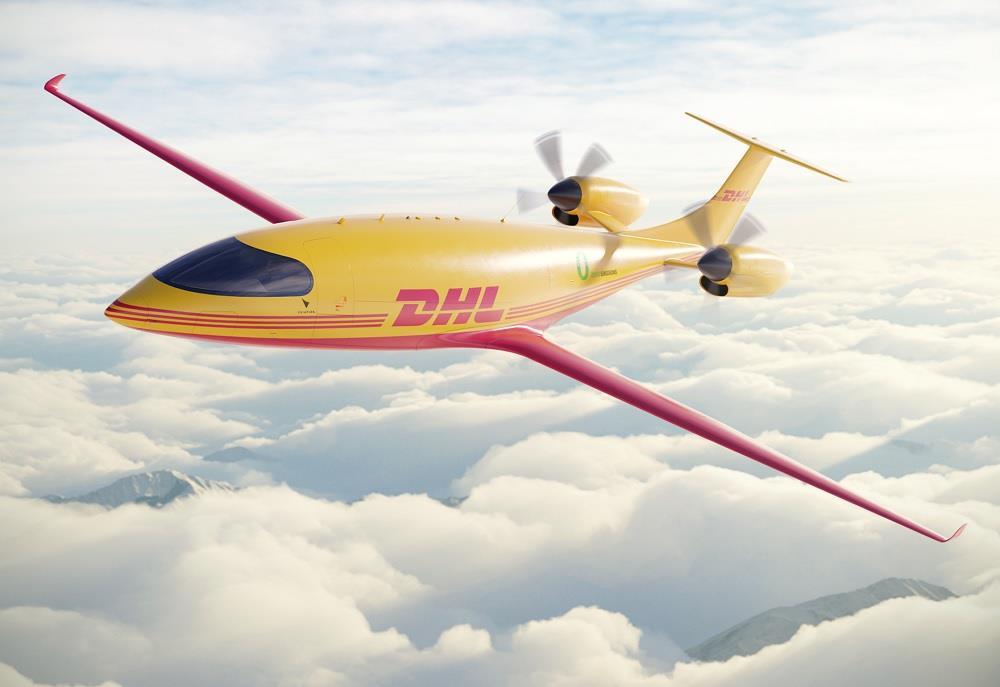
The aircraft is ideal for feeder routes and requires less investment in station infrastructure. The Alice can be charged while loading and unloading operations occur, ensuring quick turnaround times that maintain DHL Express’ tight schedules.
“My compliments to Eviation on the innovative development of the fully electric Alice aircraft” says Travis Cobb, EVP Global Network Operations and Aviation for DHL Express. “With Alice’s range and capacity, this is a fantastic sustainable solution for our global network. Our aspiration is to make a substantial contribution in reducing our carbon footprint, and these advancements in fleet and technology will go a long way in achieving further carbon reductions. For us and our customers, this is a very important step in our decarbonization journey and a step forward for the aviation industry as a whole.”
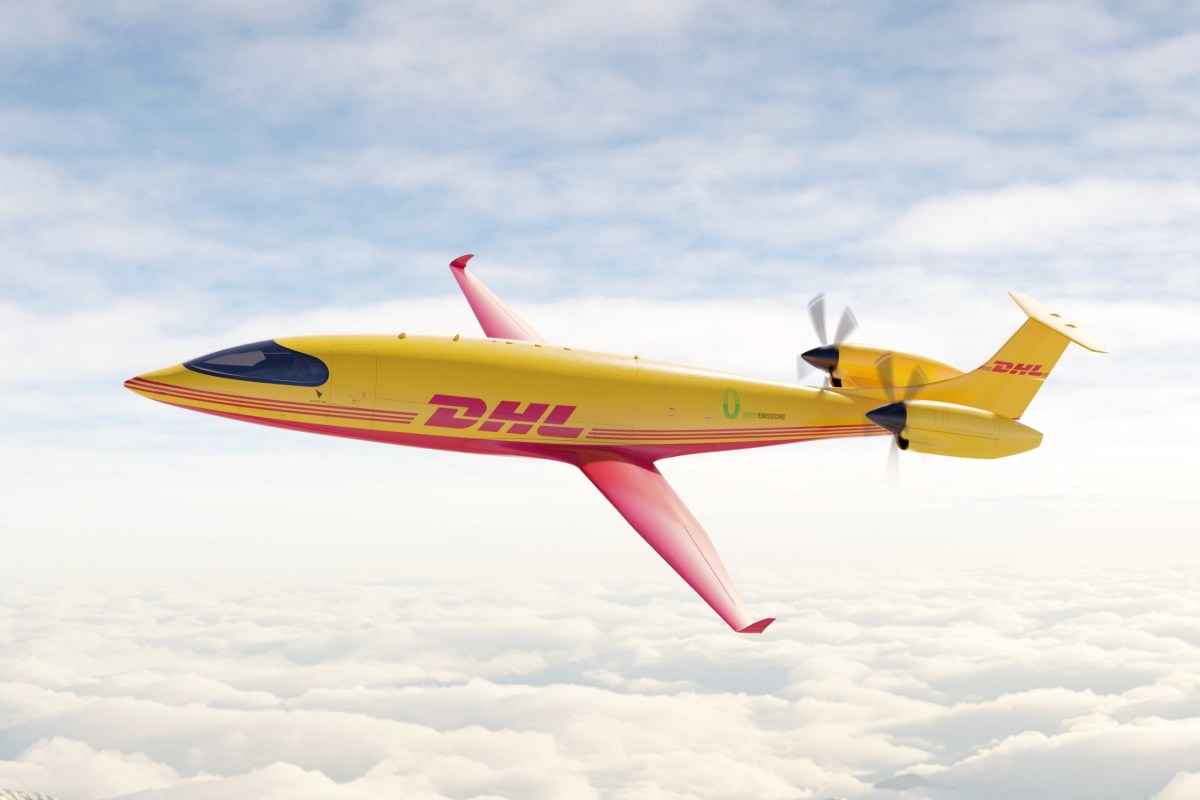
With innovation, performance and sustainability serving as its North Star, Eviation is creating a new era in aviation with the all-electric Alice aircraft. Alice has been specifically designed so that it can be configured for e-cargo or passengers. Eviation’s Alice all-electric aircraft is on track for its first flight later this year.
“The next time you order an on-demand package, check if it was delivered with a zero-emission aircraft like DHL will be doing,” said Eviation Executive Chairman Roei Ganzarski. “With on-demand shopping and deliveries on a constant rise, Alice is enabling DHL to establish a clean, quiet and low-cost operation that will open up greater opportunities for more communities.”
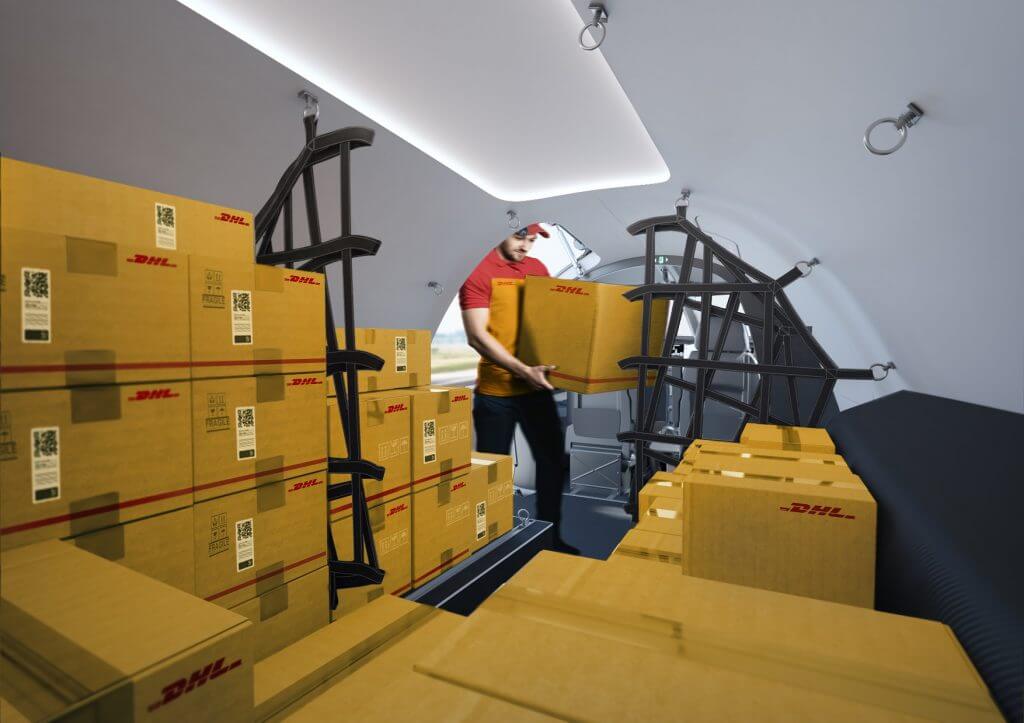
The decarbonization of its operations is one of the main pillars of DPDHL Group’s new Sustainability roadmap announced in Q1 2021. The Group is investing a total of 7 billion euros (Opex and Capex) by 2030 in measures to reduce its CO2 emissions. The funds will go in particular towards electrification of last-mile delivery fleet, sustainable aviation fuels and climate-neutral buildings. On the way to the zero emissions target by 2050, which has already been in place for four years, the company is committing to new, ambitious interim targets.





